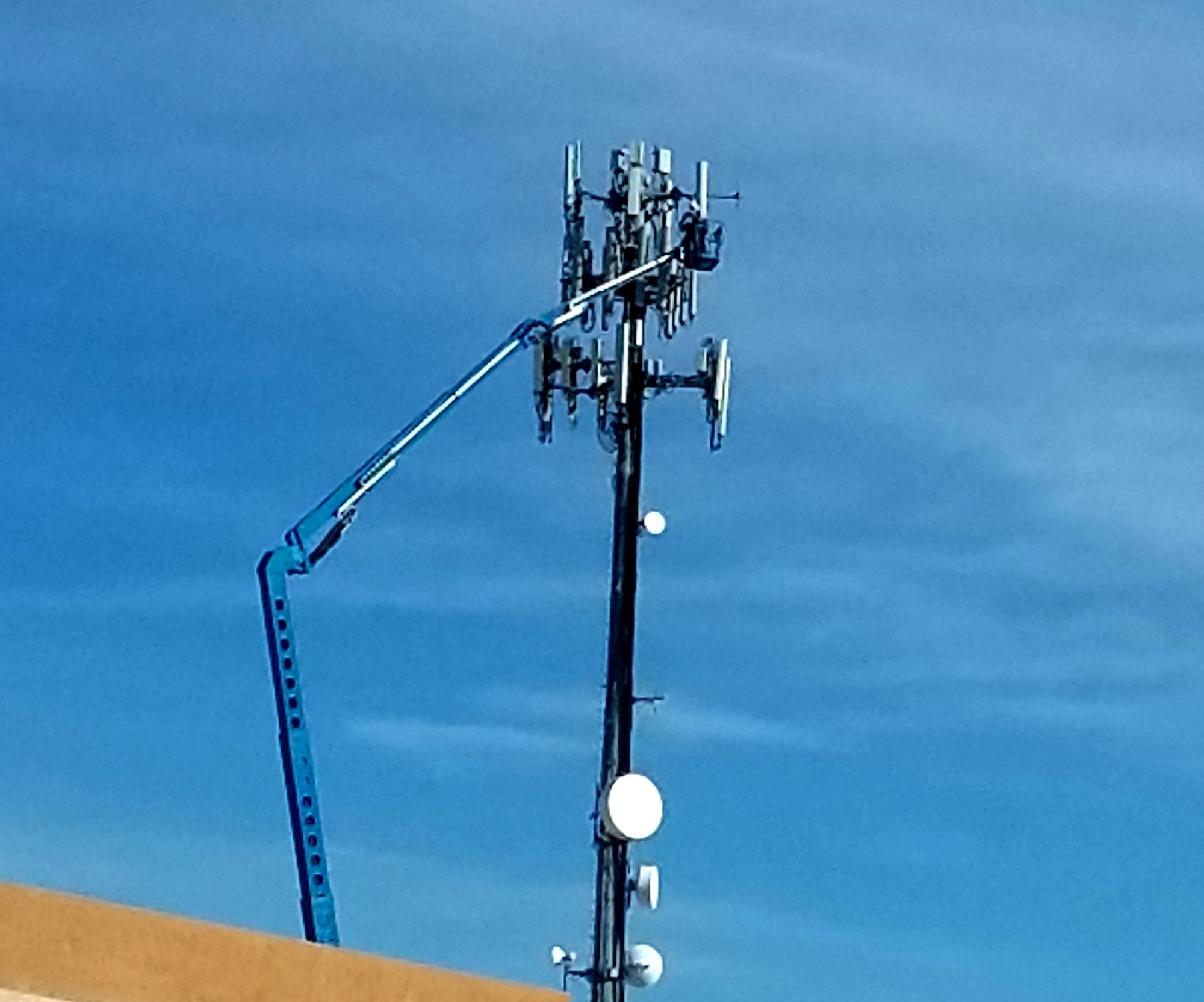Broadband Trade Groups Defend Customer Service Amid FCC Review

In response to the FCC’s October inquiry into internet and phone providers’ customer service quality, broadband trade associations argue that competition compels them to deliver top-tier customer support. However, the claim that customers consistently receive “high-quality” service may come as a surprise to many who have faced long wait times, unclear billing, and other frustrations.
Researchers Uncover “Bootkitty”: A Rudimentary Linux Bootkit Likely in Testing

Security researchers have identified a new Linux bootkit malware dubbed “Bootkitty,” marking a significant development in Linux-targeted threats. While currently appearing to be in early development stages and specifically targeting Ubuntu systems, this discovery signals potential future risks for Linux-based infrastructure security.
Anthropic Introduces Model Context Protocol: A Step Toward Enhanced AI Functionality

Anthropic, the creators of the Claude chatbot, have unveiled a groundbreaking open-source tool, the Model Context Protocol (MCP), designed to connect large language models (LLMs) with a variety of platforms. This innovation promises to streamline how AI interacts with files, GitHub, Slack, and the web, marking a significant advancement in AI functionality and accessibility.
FCC Data Highlights Broadband Expansion in Rural America

New data from the Federal Communications Commission (FCC) reveals significant progress in broadband expansion across the United States, particularly in rural areas. Between June 2023 and June 2024, over 2.6 million locations gained access to broadband speeds of 100/20 Mbps or higher, with cable providers playing a leading role by connecting 1.1 million of these locations.
FCC Approves Starlink’s Direct-to-Cell Operations, Expanding Satellite Connectivity

The Federal Communications Commission (FCC) has granted SpaceX a U.S. commercial license for Direct-to-Cell operations under its Starlink Cellular initiative. The approval, which includes conditional authorization for second-generation satellites and expanded frequency use, marks a significant advancement in satellite-based cellular connectivity, promising global coverage and seamless communication even in remote areas.
Senator Ted Cruz Criticizes NTIA’s Administration of Federal Broadband Funds

Senator Ted Cruz of Texas has raised concerns about the administration of the Broadband Equity, Access, and Deployment (BEAD) Program, accusing the National Telecommunications and Information Administration (NTIA) of mismanaging nearly $1 billion. In a letter to Assistant Secretary Alan Davidson, Cruz alleged that the NTIA’s policies are delaying critical broadband expansion to unserved communities.
Colorado Towns Lead the Nation in Federal Broadband Expansion

Kiowa and Elizabeth, Colorado, have become the first communities in the state to receive high-speed internet under the federal Broadband Equity, Access, and Deployment (BEAD) Program. These milestone projects mark the start of Colorado’s ambitious plan to connect 99% of households by 2027, utilizing nearly $1 billion in federal broadband funding.
Proposed BEAD Alternative Broadband Technology Policy Guidance

The Broadband Equity, Access, and Deployment (BEAD) Program, part of the Infrastructure Investment and Jobs Act, is a transformative initiative aimed at bridging the digital divide. With $42.45 billion in funding, the program supports states and territories in expanding broadband access through innovative planning, deployment, and equitable technology solutions. Recent guidance on alternative technologies offers greater flexibility for reaching unserved and underserved communities.
Supreme Court to Review Constitutionality of Universal Service Fund

The Supreme Court has agreed to review a ruling that challenges the constitutionality of the $8 billion Universal Service Fund. The case could upend funding for programs like RDOF, Lifeline, and E-Rate, leaving broadband initiatives at risk.
Pennsylvania Opens First Round of BEAD Applications, Paving the Way for Statewide Broadband Expansion

Pennsylvania has launched its $1.16 billion BEAD Program, opening the first round of applications for broadband funding from November 22, 2024, to January 21, 2025. The initiative aims to connect every Pennsylvanian to high-speed internet by the end of the decade, focusing on unserved and underserved communities.

